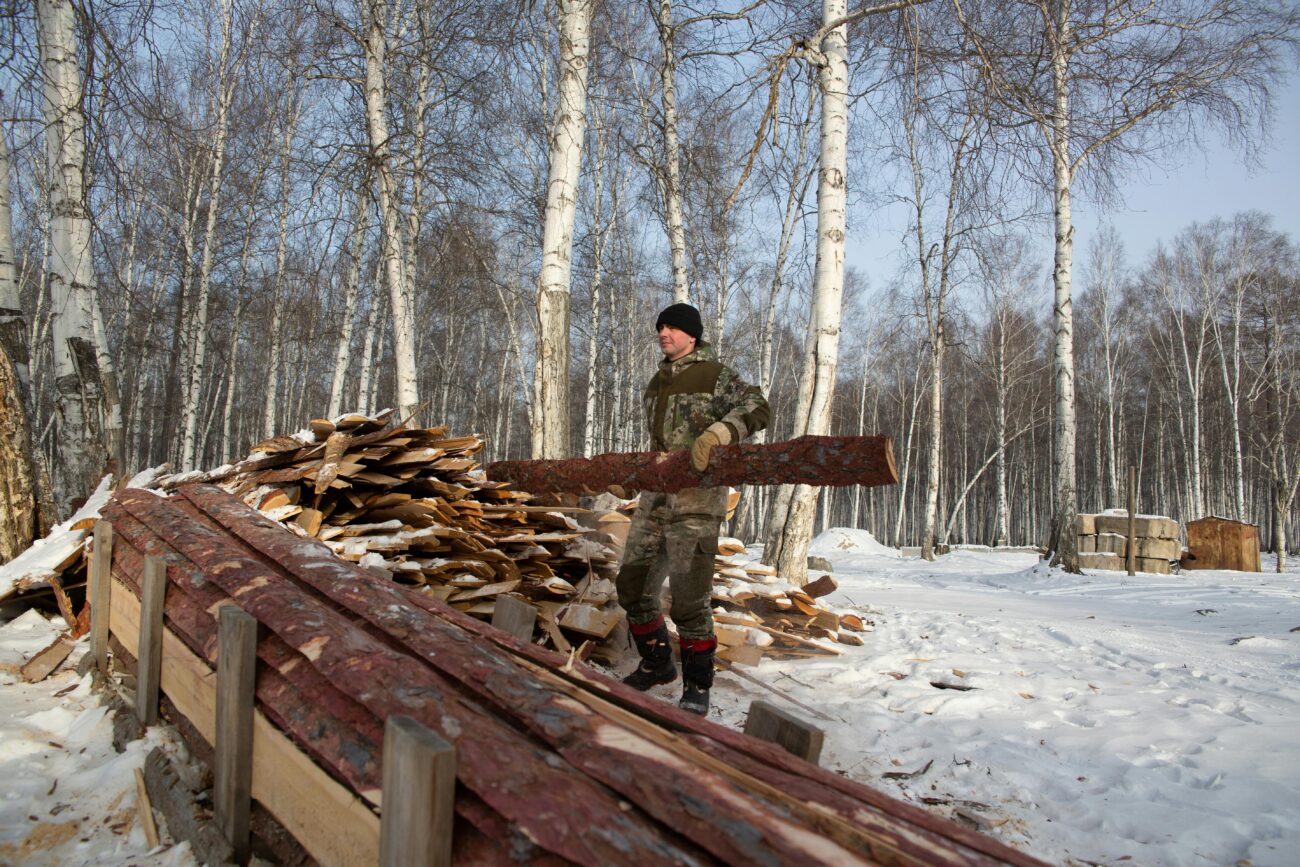There’s nothing quite like the comforting crackle of a wood stove on a chilly British evening. If you’re like me, you’ve probably found yourself wondering, can you legally collect firewood in the UK? As someone who has spent years heating my home with a wood-burning stove, I’ve been through the maze of UK firewood laws and have learned the dos and don’ts the hard way. So let’s sit down and go through everything you need to know about legally and responsibly collecting firewood in Britain.
Whether you’re foraging after a storm or eyeing some driftwood during a coastal walk, it’s crucial to understand what’s allowed. UK firewood laws are complex, and what seems like harmless gathering can land you in hot water if you’re not careful.
With that in mind, let me walk you through the ins and outs of legal firewood collection in the UK. I’ll also share tips based on my years of experience with wood stoves, seasoning logs, and understanding the real burn value of different wood types.
Understanding UK Laws on Firewood Collection
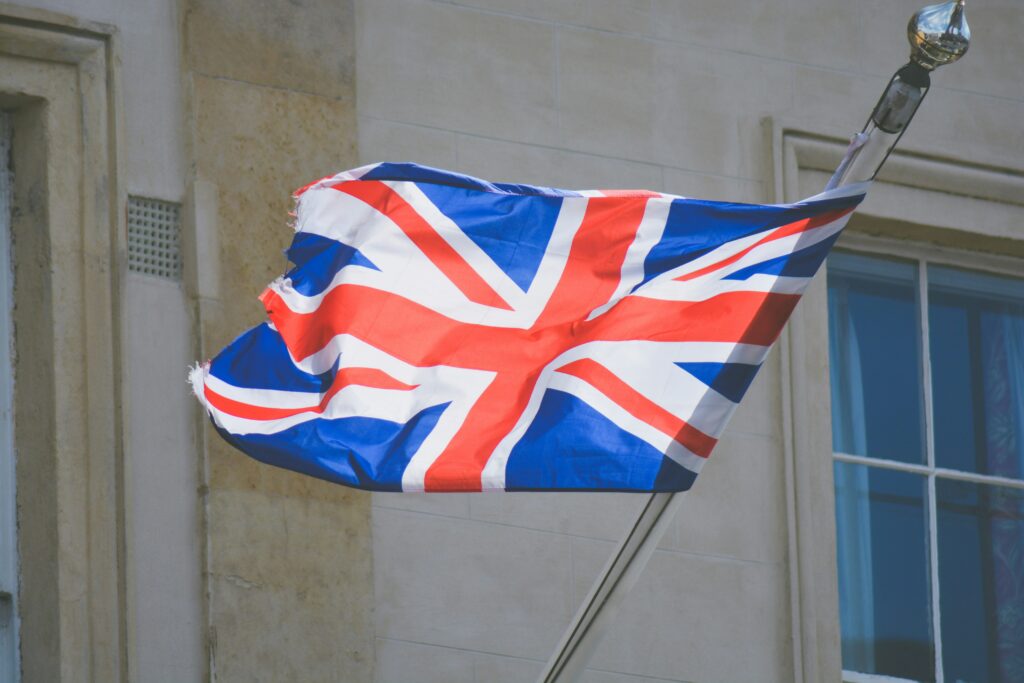
Private vs Public Land
First off, the UK is heavily parcelled into private land. If you spot fallen branches or a tempting pile of logs, chances are it belongs to someone. Collecting wood from private land without permission is classed as theft under the Theft Act 1968. Even if it looks abandoned, it’s not yours to take.
On public land, things aren’t much simpler. Just because land is publicly accessible doesn’t mean you’re free to collect firewood. Most public parks and managed forests have strict rules.
Trespassing and Legal Penalties
In England and Wales, trespass is usually a civil offence. But if you remove anything while trespassing say, a bundle of fallen branches, it becomes a criminal act. You could face fines or prosecution. Scotland has more generous access laws, but even there, removal of natural materials without permission is not allowed.
Crown Estate and Forestry Commission
The Crown Estate controls vast areas, including parts of the coast and forests. Can you legally collect firewood in the UK from Crown land? Only if you have explicit permission. Some areas under the Forestry Commission may issue permits for wood collection, but these are limited and often restricted to designated zones.
So yes, legal firewood collection UK is possible, but only under very specific conditions. Always check the rules for the exact parcel of land.
Where You CAN Legally Collect Firewood
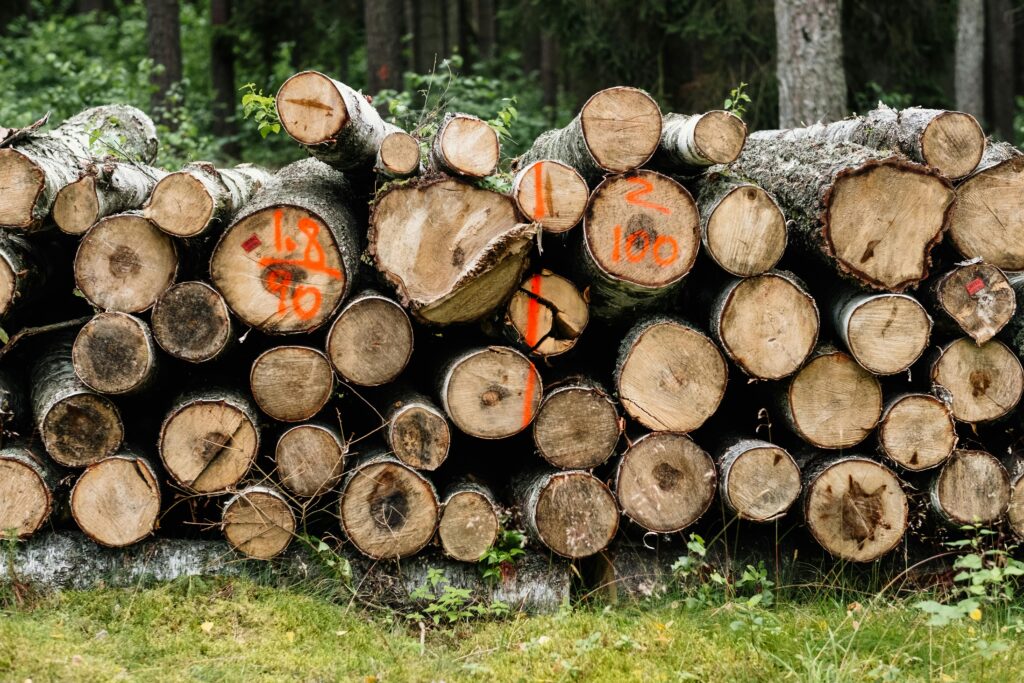
Let’s look at where and how can you legally collect firewood in the UK without running into trouble.
1. Your Own Property
This one’s simple. If you have trees on your land, or deadwood that’s fallen naturally, you can collect and use it. Just make sure to season it properly before burning.
2. With Permission from the Landowner
Some generous landowners allow people to collect fallen branches or even cut specific trees. But always get written permission. A handshake or verbal agreement won’t protect you if questions arise later.
This is one of the best ways for sustainable firewood sourcing. Some landowners may even be grateful if you help clear storm debris.
3. Public Land with Permits
In rare cases, councils or local forest management groups offer permits for free firewood collection Britain schemes. The Forestry Commission occasionally runs community wood gathering programmes. These permits usually limit the type and amount of wood you can collect.
4. Beaches and Driftwood
Driftwood collecting might seem romantic, but it’s legally tricky. The Crown Estate often owns the foreshore, and anything washed up is technically their property. Again, can you legally collect firewood in the UK from beaches? Only with permission.
Be careful, too: salty driftwood can be corrosive to your stove and flue.
I’ve known fellow enthusiasts who built good relationships with local rangers or landowners and were rewarded with long-term collection rights. That’s a real win for both sides.
Where You CANNOT Collect Firewood
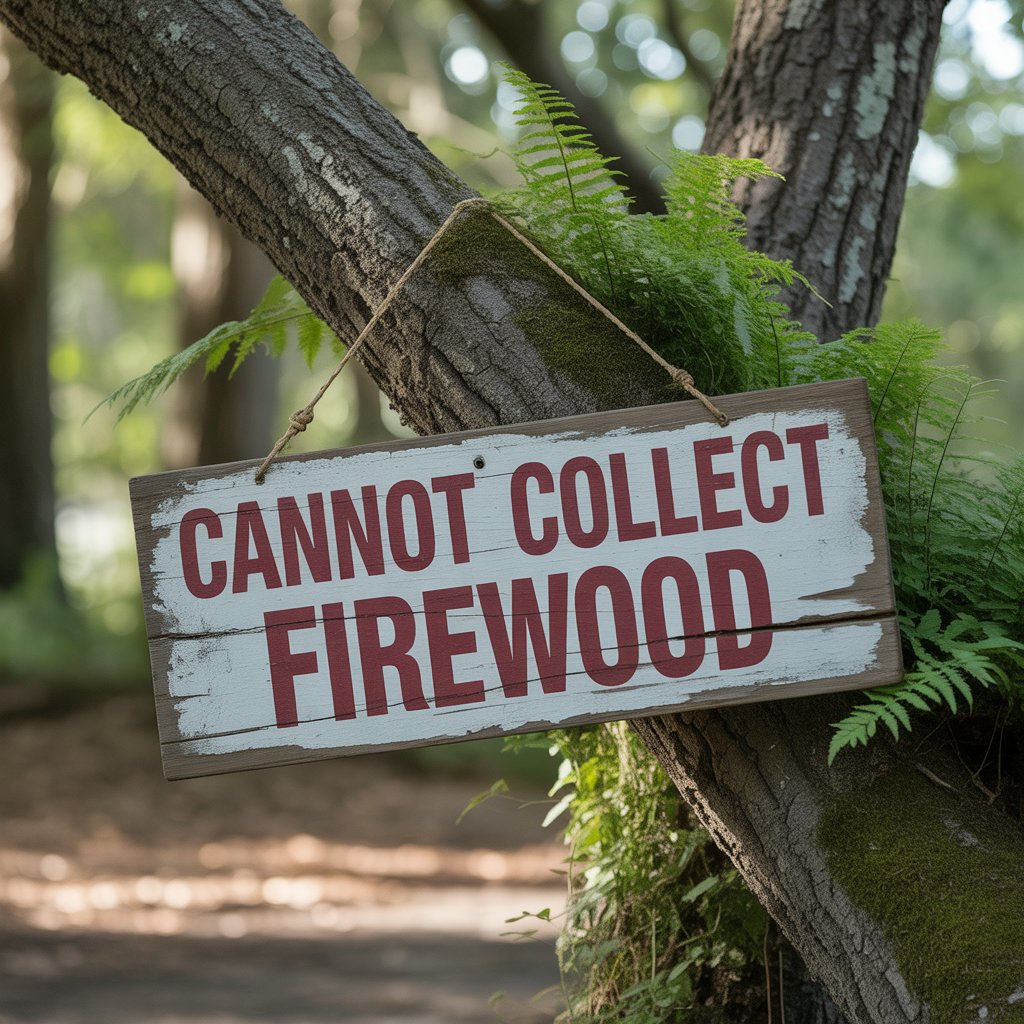
Now for the places where can you legally collect firewood in the UK has a firm “no.”
1. National Trust Properties
Most National Trust land is protected for environmental reasons. Removing wood, even dead branches, is forbidden. Doing so can disturb wildlife and damage habitats.
2. Public Forests Without Permission
Even though they’re public, forests managed by the Forestry Commission or Woodland Trust are protected. No collection without a specific permit.
3. Private Estates
It might be tempting if you’re out walking and see piles of wood, but private land is off-limits unless you have explicit permission. No matter how dead the wood looks, it still belongs to someone.
4. Protected Woodlands
Sites of Special Scientific Interest (SSSIs), Areas of Outstanding Natural Beauty (AONBs), and similar zones have strict rules. Deadwood gathering laws here are designed to protect ecosystems.
So again, can you legally collect firewood in the UK in these areas? Absolutely not, violations can result in fines, confiscation of tools, or prosecution. Better to be safe than sorry.
Getting Permission: The Right Way
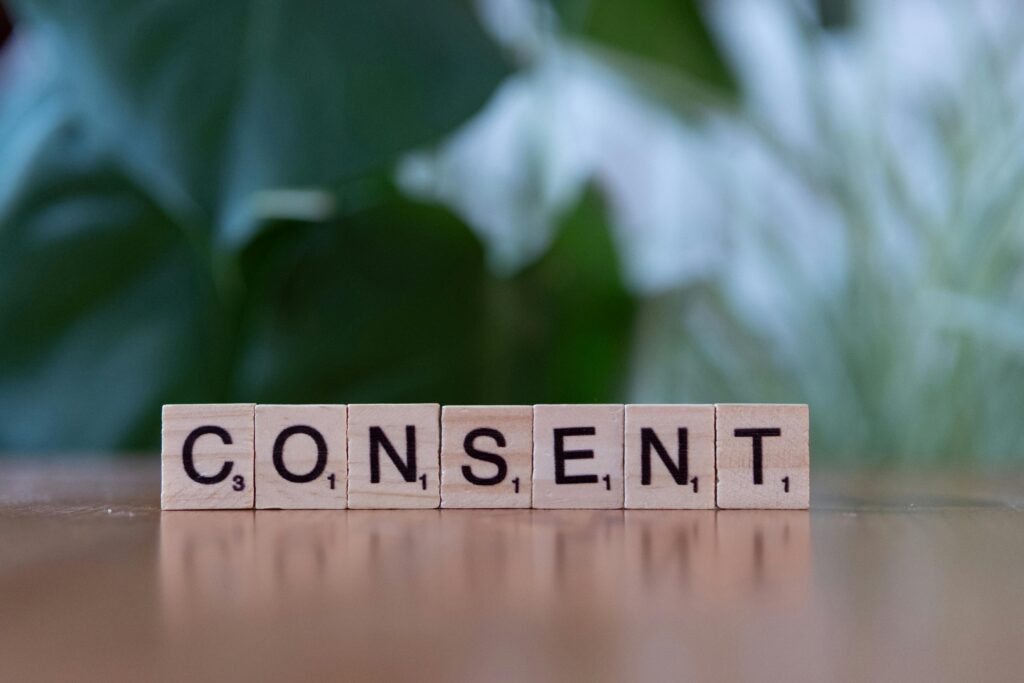
Building relationships is key.
1. How to Ask
Introduce yourself politely. Explain your intent, experience, and how you plan to harvest responsibly. Offer references or examples if possible.
2. Importance of Written Permission
Always get it in writing. An email or a signed note can be a lifesaver.
3. Offering Value
I often help landowners clear storm debris or maintain woodland paths. In return, I get firewood legally and ethically. This approach makes wood collecting permissions easier and more productive.
So once again, can you legally collect firewood in the UK with permission? Yes, and it’s often the most rewarding route.
Best Practices for Legal Collection

So, you’ve got permission, now what?
1. Sustainable Methods
Only take fallen or dead wood. Avoid disturbing living trees or habitats.
2. Deadwood vs Live Trees
Deadwood is ideal. It seasons faster, burns better, and avoids harming ecosystems. Green wood is high in moisture and needs seasoning.
3. Safety and Tools
Use a sharp handsaw or bow saw. Chainsaws should only be used if trained and insured. Wear gloves, goggles, and steel-toe boots.
4. Seasoning Tips
Stack your wood off the ground with good airflow. Cover the top but leave the sides open. Let it dry for at least 6-12 months until moisture content is under 20%. If you’re unsure how to tell when your logs are ready, my Cord of Firewood: Complete Guide to Buying, Measuring & Pricing includes a full section on seasoning and buying tips.
Seasoned oak, ash, and beech are among the best firewood types UK. They burn hot and long.
So when it comes down to it: can you legally collect firewood in the UK if you follow these best practices? Absolutely, and responsibly too.
FAQs About Collecting Firewood in the UK Legally
Can you legally collect firewood in the UK?
Yes, but only in specific situations. You can collect firewood from your own property, with permission from a landowner, or on certain public lands with a permit. Collecting without permission is considered theft under UK law.
Is it legal to take fallen branches or logs from public woods?
No, not without permission. Even if the wood looks abandoned, it belongs to the landowner or managing authority (such as the Forestry Commission). Always seek written consent before removing fallen wood.
Can you collect driftwood from UK beaches?
Not usually. Most beaches and the foreshore are owned by the Crown Estate, and driftwood is legally theirs. You need explicit permission before collecting driftwood. Otherwise, it’s classed as theft.
Can I gather small sticks, twigs, or kindling from parks?
No. Local councils protect even small branches and twigs in public parks. Collecting them without permission can result in fines.
Do I need a license to collect firewood in the UK?
In most cases, yes. If you are collecting outside your own property, you’ll need either a landowner’s permission or a council/Forestry Commission permit.
What happens if you get caught collecting firewood illegally?
You could be fined, prosecuted under the Theft Act 1968, or even have your tools confiscated. Trespassing while removing wood makes it a criminal offence.
Is it better to collect deadwood or cut live trees?
Always collect deadwood (with permission). Cutting live trees without authority is illegal, harms ecosystems, and the wood is harder to season. Deadwood is drier, more eco-friendly, and better for burning.
How can I legally get free firewood in the UK?
Collect from your own land or get written permission from a landowner, Apply for Forestry Commission or local council firewood permits and lastly join community wood-gathering schemes (available in some regions)

